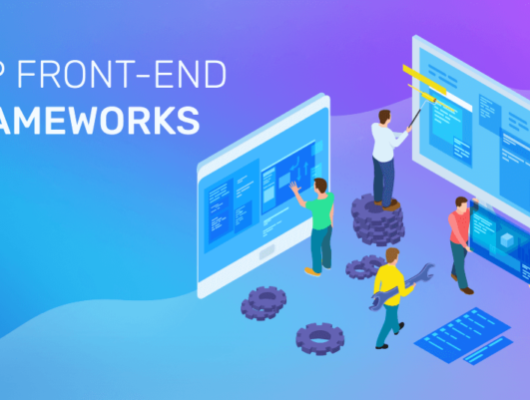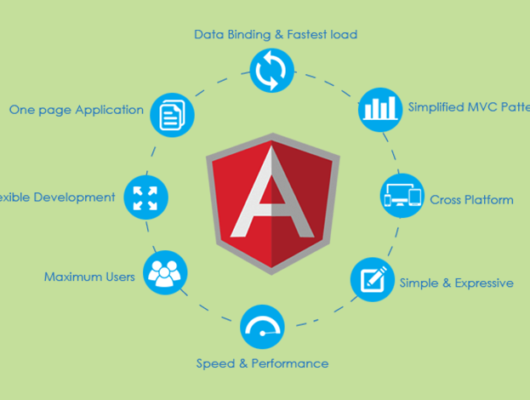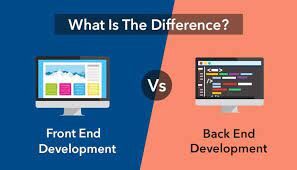Introduction
In today’s digital world, learning to code is more than fair a in vogue skill—it’s a door to endless openings. Whether you need to construct websites, analyze information, make apps, or even break into artificial intelligence, programming is at the heart of it all.
But with so numerous dialects out there—Python, JavaScript, Java, C++, Go, and more—the enormous address is: Which programming dialect ought to you learn first?
The reply depends on your objectives, interface, and the heading you need to take in tech. A few dialects are less demanding for learner, whereas others offer higher execution or way better career prospects in particular industries.
In this direct, we’ll break down the most popular and valuable programming languages to learn in [2025], investigate what they’re best at, and offer assistance you figure out which one is right for you. Whether you’re beginning from scratch or picking up a moment (or third!) dialect, this article will give you a clear guide to get started.
Factors to Consider When Choosing a Programming Language
Choosing the right programming language can feel overpowering, particularly with so numerous awesome alternatives out there. But the truth is—there’s no single “best” language for everybody. The best choice depends on your objectives, foundation, and what you need to build.
Here are a few key components to keep in intellect some time recently deciding:
Your Goals and Interests
Are you interested in web development, data science, mobile apps, game development, or AI? Diverse languages are superior suited for diverse areas. For example:
Want to construct websites? Try JavaScript.
Into data analysis or AI? Python is a best choice.
Building mobile apps? Go with Quick (iOS) or Kotlin (Android).
Job Market Demand
Some languages are more in demand than others, depending on industry patterns and area. Python, JavaScript, and Java reliably rank high in work listings. It’s savvy to check platforms like LinkedIn or Stack Flood Employments to see what managers close you are enlisting for.
Ease of Learning
If you’re new to coding, you’ll need to begin with something beginner-friendly. Python is known for its basic and clear language structure, making it a awesome to begin with language. On the other hand, languages like C++ or Rust may be effective but come with a more extreme learning curve.
Community and Resources
A solid community implies more instructional exercises, gatherings, courses, and open-source libraries to offer assistance you learn. Languages like Python, JavaScript, and Java have huge worldwide communities—so you’re never truly coding alone.
Project Ecosystem
Think about the kind of tools and libraries accessible. If you’re into AI, Python has tons of effective libraries like TensorFlow and scikit-learn. For frontend web improvement, JavaScript has systems like Respond and Vue.js. A well-supported environment can spare you time and open up more opportunities.
Future Relevance
While no language is really “future-proof,” a few are more likely to stay important. Python, JavaScript, Java, and more up to date choices like Go and Rust are anticipated to develop in significance over the following a few a long time.
Top Programming Languages to Learn (With Pros & Cons)
You can break this into sections with mini reviews:
Python
- Great for: Beginners, Data Science, Web Dev, Automation
- Pros: Easy syntax, huge community, tons of libraries
- Cons: Slower than compiled languages
JavaScript
- Great for: Web development (frontend & backend)
- Pros: Essential for web, runs in browser, full-stack with Node.js
- Cons: Can be tricky to learn due to quirks in behavior
Java
- Great for: Enterprise software, Android apps
- Pros: Stable, in demand in corporate jobs
- Cons: Verbose syntax, slower to write
C/C++
- Great for: Game dev, embedded systems, high-performance computing
- Pros: Fast, powerful
- Cons: Steep learning curve, manual memory management
R
- Great for: Data analysis, statistics
- Pros: Tailored for statisticians, strong in academia
- Cons: Niche usage compared to Python
Swift / Kotlin
- Swift: iOS/macOS apps | Kotlin: Android apps
- Pros: Official languages for mobile platforms
- Cons: Platform-specific, less universal
Go (Golang)
- Great for: Cloud computing, backend systems
- Pros: Simple syntax, fast performance, backed by Google
- Cons: Smaller community than Python/JS
Rust
- Great for: Systems programming with safety
- Pros: Extremely fast, memory-safe, growing in popularity
- Cons: Harder for beginners
Which Language is Best for You? (Based on Goals)
- Web Development: JavaScript (+ HTML/CSS), Python
- Mobile App Development: Kotlin (Android), Swift (iOS)
- Data Science/AI: Python, R
- Game Development: C++, C#
- Systems Programming: C, Rust
- Getting a Job Quickly: Python, JavaScript, Java
Future-Proofing: Which Languages Will Last?
- Trends in developer surveys (like Stack Overflow or GitHub)
- Rising stars (e.g., Rust, Go)
- Industry adoption vs. hype
Conclusion
There’s no one-size-fits-all reply to the best programming language to learn—it all depends on where you need to go. Whether you’re pointing for a career in web development, data science, mobile apps, or building the following enormous diversion, there’s a language that fits your path.
If you’re fair beginning out, Python and JavaScript are great beginner-friendly choices that open numerous entryways. But no matter what you select, the most imperative thing is to begin. Programming is a ability built through hone, ventures, and persistence—not fair picking the “perfect” language.
So choose a language, jump in, and keep in mind: the best time to begin coding was recently. The second-best time is presently.







